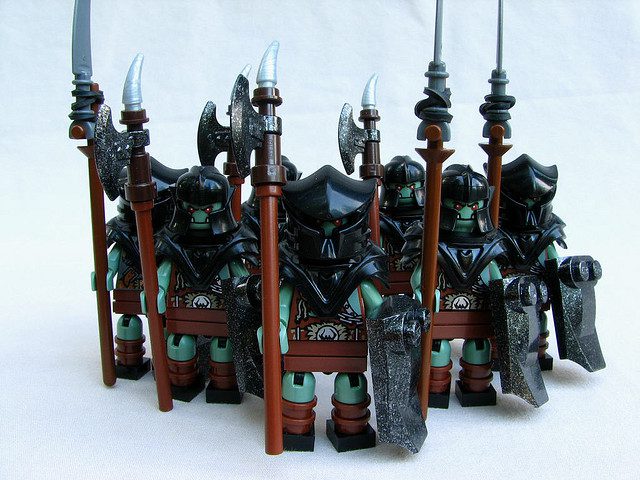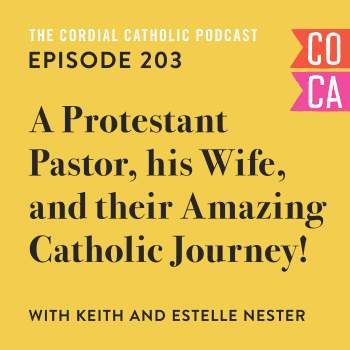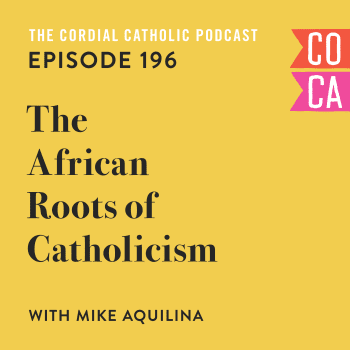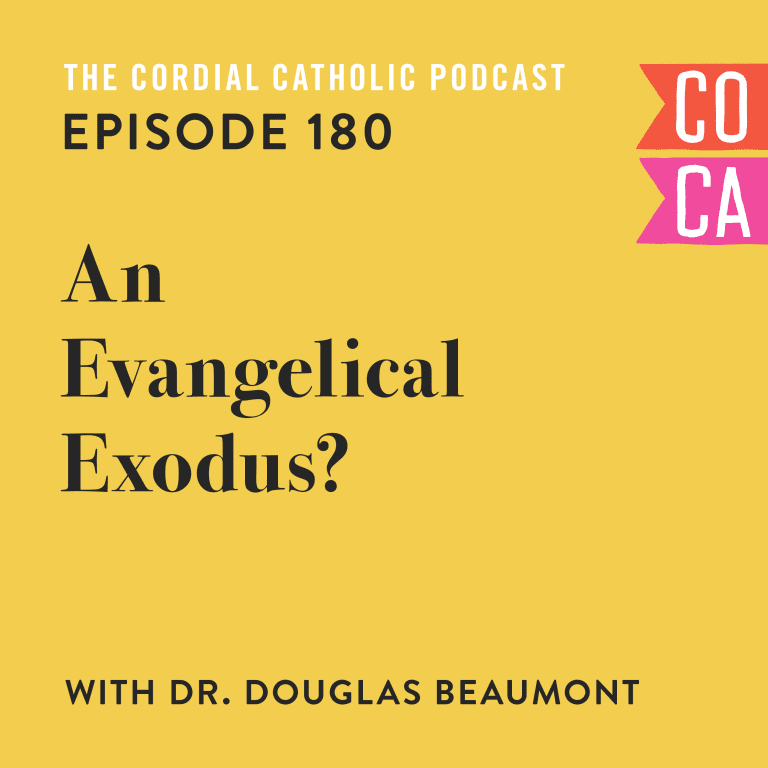
As I’ve been making my way towards the Catholic Church I’ve thought a lot about Christian unity. As a Protestant, I always struggled with the cascading number of Christian denominations. I always wrestled with church splits, spin-offs, and church plants. Truthfully, it hasn’t been front-of-mind but it’s lingered back there, creeping up once in a while in uncomfortable conversation.
Why are these so many Protestant denominations? How can there be so many presentations of the truth? How can there be so many interpretations of the Bible? How is it that if I don’t like what I hear in one place I can simply go to another? How does that make sense?
These are issues of clarity and authority, issues I’ve wrestled with lots on this blog, have always, on some level, been spinning around in my head. Sometimes I didn’t know how to name them.
Like what’s commonly called Jesus’ high priestly prayer recorded in the Gospel of John (see John 17). A prayer in which Jesus, God Himself, prays for Christian unity. In the face of so many different denominations believing in so many different interpretations of so many different things—how does this unity make sense? When fundamental issues about salvation, eternal life, moral living, and the end of the world differ enormously from Christian church to Christian church. Where do we even begin to call ourselves united?
It’s as if Jesus predicted the schisms of the Church.
When I began to more seriously read Catholic authors and as I began to devour the hours upon hours of debates, lectures, and seminars available on YouTube I realized that there was a Church claiming the unity that Christ called for, a Church which claimed a yearning for that unity since its very humbling beginning in the Upper Room.
Christ’s call for Christian unity is one of several reasons I’m on a journey towards the Catholic Church.
Forgive me an unabashedly nerdy reference?
In Peter Jackson’s final installment of J.R.R. Tolkien’s The Hobbit there’s a brilliant scene which, when I first saw it, struck me immediately as a perfect analogy for Christian unity. Fortunately, you don’t need to know a lot of the backstory to get the full effect—although reading, or watching, The Hobbit is highly recommended.
Here’s the gist of the thing.
Smaug the dragon, who was making merry on an incredible hoard of treasure, has been killed. At the news of Smaug’s death several parties descend on Dale, the former dwarf stronghold, to try to lay some claim (rightfully or otherwise) to the treasure therein. Imagine, if you will, dwarves, elves, and humans vying for some share in the heaps and heaps of glittering gold stored deep within the mountain.
However, as the armies of dwarves, elves, and men argue at the foot of the mountain another foe makes their appearance. Marching down the gently sloping hillside comes the marauding, sadistic Orc army.
Suddenly, the situation shifts. In dramatic fashion the differences, the quarrels, the debates amongst the elves, dwarves, and men vanish—they disappear. Suddenly, a much more portentous adversary is on the scene. Suddenly the problems of the three armies don’t seem so important as the threat from the one. Dwarves, elves, and humans turn their attention and make their united assault against the invading Orc army.
This is a beautiful, poignant illustration of Christian unity.
I heard a quote with a similar sentiment though I can’t place it’s origin,
When a thief breaks in, quarreling brothers become allies.
As North American Christians, we do not face much persecution. We do not face much hardship or peril. We don’t, in any ordinary sense, face anything like the moral or theological equivalent of a thief breaking into the Christian Church or an Orc army invasion. Elsewhere in the world this is not the case.
At what point will the quarrel out there be great enough to drive us together? At what point does the thief breaking in through the bedroom window send the brothers—fighting in the parlour—running up the stairs? At what point does the approaching Orc army cause dwarves, elves, and men to put aside their competing claims and take up arms together—to unite?
In the Catholic Church—and this could be true for the Eastern Orthodox Church as well—I’ve found a good case for Christian unity. As a Protestant, I was part of a tradition that split, for very good reasons, from a church that claimed succession right through to Peter and the apostles. When I began to read, when I began to seriously study Catholicism from Catholic authors, the beauty of the unity of the Church began to unfold for me. The beauty of a Church that calls back its separated brethren. A Church that in word and deed longs to be united—under a Pope, Pope Francis, who is making historic strides toward that end.
A Church that says, “Yes, you left and you had very good reasons but we’ve given this place a thorough cleaning and, by the way, look how beautiful it is.”
A Church that, contrary to everything I understood before, has a vibrant, rich, and relevant life among its faithful.
As a Protestant slowly but surely approaching entrance to the Catholic Church, looking out over the lay of the land, there’s nothing I pray for more than our unity. If this journey has taught me anything it’s that what I believed as a Protestant isn’t changed by becoming a Catholic it’s increased, it’s enriched, it’s made deeper. In the same way the coming of Christ and the grace of God swept away the Old Covenant and ushered in the New I feel I’ve found a fulfillment, a deepening of everything I understood about Christ and Christianity as a Protestant. And, of all places, I found it in the Catholic Church.
Out of all the words that our God spoke while on earth how many times did he pray? And here is one of his precious few recorded prayers. And these are some of his very last words and these are urgent in our ears today. A prayer for Christian unity, for His Church.
I pray we find a way and I’d like, for my part, to play a role in that. I pray, too, that it won’t take a thief, or an army to bring us back to our knees, together.












